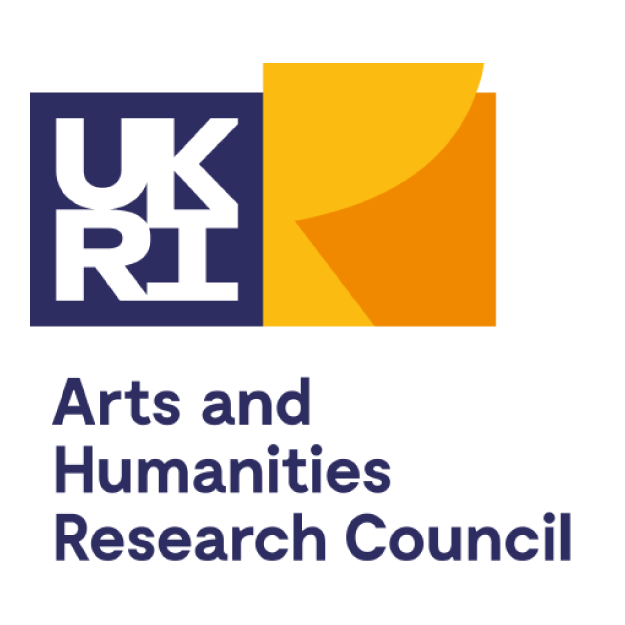
Image by Jamillah Knowles & Reset.Tech Australia / © https://au.reset.tech/ / Better Images of AI / Detail from Connected People / CC-BY 4.0
- Led by Professor Marion Oswald MBE, Northumbria University
This project focuses on how ethical scrutiny can improve the responsibility and legitimacy of AI deployed by the police. It involves working with the West Midlands Police and Crime Commissioner and West Midlands Police data ethics committee.





